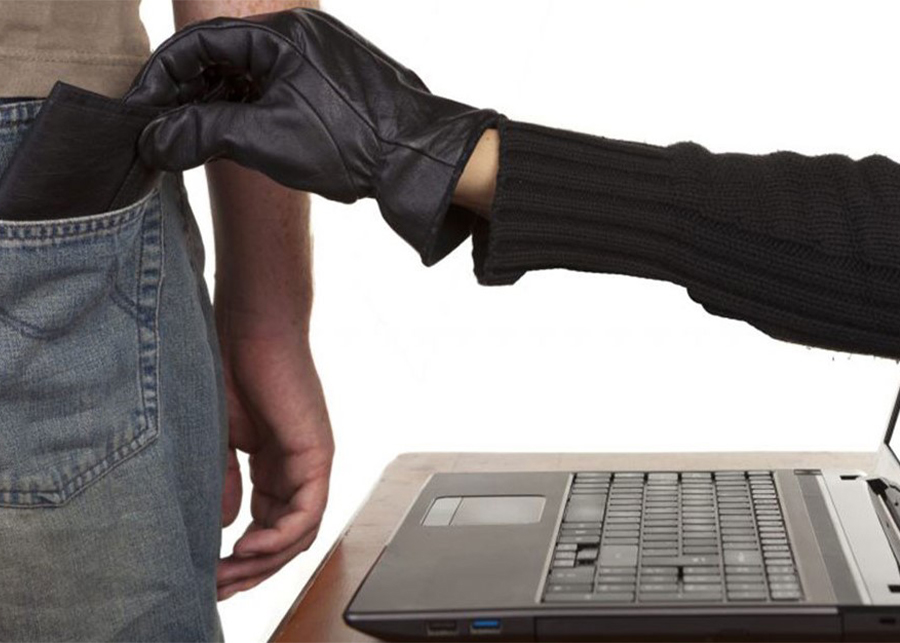Identity theft is a growing, costly crime that has reached epidemic proportions all over the world. If you want to protect yourself from identity theft it’s important to know the risks and take precautions. Fortunately, there are several things you can do to protect yourself online, as well as some simple things you can do in real life. Let’s look at these tips more closely.
Identity theft is a serious crime that can have lasting consequences for victims. If you want to protect yourself from identity theft, you need to take precautions and be aware of the risks. Here are some tips on how to protect yourself from identity theft..
If you’re like most people, you probably don’t think about identity theft until it’s too late. But by then, it can be difficult to undo the damage. Fortunately, there are steps you can take to protect yourself from identity theft and minimize the risk of becoming a victim. Let’s talk about how to protect yourself from identity theft.
How to Protect Yourself from Identity Theft? A Quick Guide
Identity theft is a serious crime that can have devastating consequences for victims. It can involve the theft of personal information such as your name, Social Security number, address, or credit card details, and can be used to commit fraud or other crimes.
Identity theft is a serious crime that can have devastating consequences for victims. It can involve the theft of personal information such as your name, Social Security number, address, or credit card details, and can be used to commit fraud or other crimes. But do you know how to protect yourself from identity theft?

Here’re some tips on how to protect yourself from identity theft:
Use strong passwords: Having no password on your smartphone or tablet is similar to leaving your house with the door open. If your phone is lost or stolen, the information stored on it, such as your email and financial accounts, may be vulnerable. Make sure you don’t put your name in any passwords or birthdays, and change your password if you believe an account has been stolen.
Use a password manager for all of your passwords: It’s a bad idea to use the same password for all of your electronic gadgets and key financial accounts. If you want to prevent an identity thief from obtaining your information, consider changing passwords and using a different one for each account. It is obviously not easy to remember all of your passwords so using a secure password manager will make your job easier.
Be aware of phishing attacks: Never click on any suspicious-looking links in emails or text messages. Cybercriminals use nearly identical websites to get a hold of your private information. If you suspect a link is fraudulent, don’t click on it and don’t type in your username or password on an unfamiliar login screen.
Never give your personal info online: However, there are organizations that pose as legitimate businesses and request personal information. A bank or credit card PIN number or a Social Security number, for example, is never requested by a genuine business.
Check your credit reports regularly for irregular activity: If you notice anything unusual on your report, such as an unfamiliar account, you may act to correct it more quickly and prevent the problem from getting worse.
Secure your physical documents: Many documents that you may have in your home, such as tax forms and old purchase receipts, can contain sensitive information. Identity thieves seeking to steal your identity would love to get their hands on these papers. Avoid leaving such sensitive documents in your mailbox. Destroy your sensitive documents properly by burning or shredding them.
Try to limit your exposure: It’s a smart idea to keep the number of credit cards you have in your wallet to a bare minimum, so if it’s stolen, you’ll be less impacted. If you carry your Social Security card on your person, keep it in a safe place. ID thieves use stolen Social Security numbers to access more financial accounts and must therefore be safeguarded at all costs.
What to do if your identity has been stolen?
If your identity has been stolen, you should take the following steps
– Contact the credit reporting agency that issued the report and dispute the fraudulent account(s) with them. Make sure to provide evidence of identity theft in order for this step to be effective.
– Place fraud alerts on all accounts that were compromised (e.g., bank statements, social media profiles).
– Change passwords for any websites or applications where personal information was compromised.
– Monitor email and other online activity closely; create separate email addresses for business use only; shred old documents (including tax returns) containing sensitive data; restrict access to devices when not at home using biometrics (fingerprint scanner), smartcard authentication, etc.
F.A.Q
Can identity theft be prevented?
Given that relatively little data theft is intentional, the most effective approach to protect your identity is to simply monitor your information. You could also close unused credit accounts, but given that most people need credit in case of an emergency, this may not be a viable option for most people. Therefore, it’s safest to just check your statements regularly and use common sense to avoid scams and fraud.
Can someone steal your identity with just your name?
The only thing that a thief can do with a name and address is open an account in the person’s name. In order to do this, the thief must know the person’s social security number or other identifying information – not just their name and address. And although it is possible for a thief to get a hold of this information, you can make this much more difficult by keeping your information as private as possible.
